Another setback to plans for houses and flats in Whalebones fields and woods
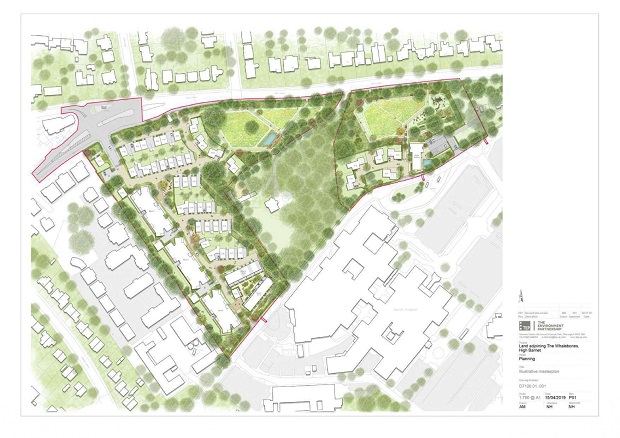
The Mayor of London, Sadiq Khan, has decided not to overrule Barnet Council in the dispute over plans to redevelop the Whalebones fields and woodland with the construction of 152 new homes.
Local objectors urged the Mayor to refrain from intervening and to respect the council’s decision to reject the planning application.
They appealed to the Mayor to acknowledge the strength of the campaign to preserve what many residents consider is an irreplaceable green space between High Barnet and Arkley.
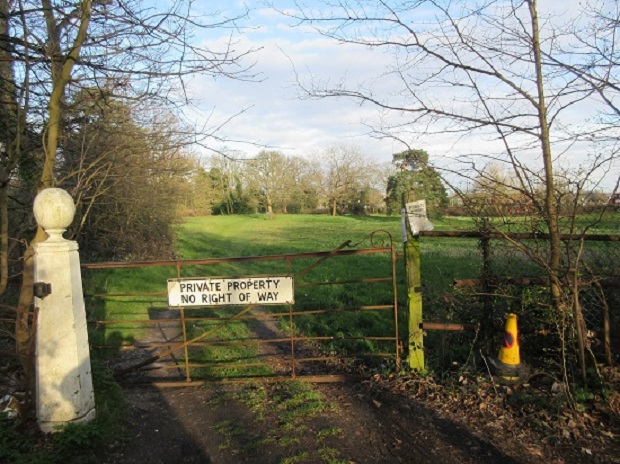
Mr Khan says he is “content” to allow the council to make decisions on the future of the site subject to any possible future intervention by the Secretary of State.
Robin Bishop, chair of the Barnet Society, has welcomed the Mayor’s decision not to intervene.
He urged the developers to take the opportunity to rethink the project and back away from such “a big suburban housing development”.
Hill Residential’s application for planning permission to redevelop Whalebones was rejected by the council last October after years of campaigning by local activists and organisations, and the Chipping Barnet MP, Theresa Villiers.
Over 500 objections were registered to the application and the depth of local opposition was cited by the chairman, Councillor Shimon Ryde, when he used his casting vote to refuse permission after the planning committee was tied by a five-five vote.
A report prepared for the Greater London Authority concluded there were “no sound planning reasons” for the Mayor to intervene and the Mayor was content for Barnet Council to “determine the case itself” subject to any action that might be taken by the Secretary of State.
Hill Residential’s plan to redevelop Whalebones on behalf of the Gwyneth Cowing trustees proposed that half of the 14-acre site would remain as parkland and green space, which would be opened up to public access.
Much of the new housing would be in the field next to the new Elmbank redevelopment. The plan provided for 53 family houses; 99 flats in three blocks up to four storeys high; 179 car parking spaces; and the construction of a new access road joining Wood Street opposite the Arkley public house, where there would be a new road junction with Galley Lane.
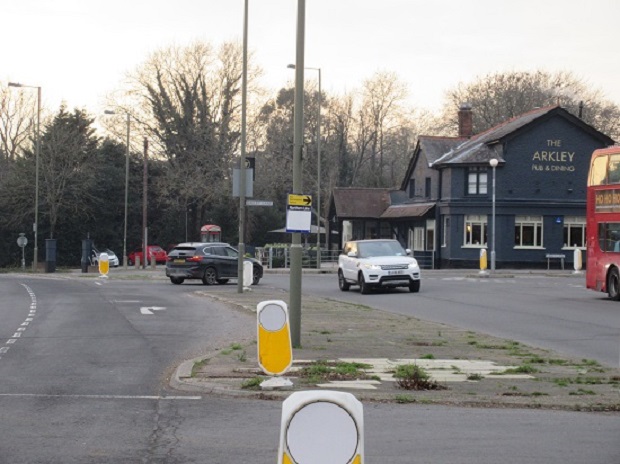
Alongside the new housing would be two new public open spaces, a children’s play area and a woodland walk. Hill would also construct a purpose-built community building for the Barnet Guild of Artists and the Barnet Beekeepers Association.
In welcoming the Mayor’s refusal to intervene, Mr Bishop recalled that the Barnet Society and many of its members had written expressing strong objection to the application.
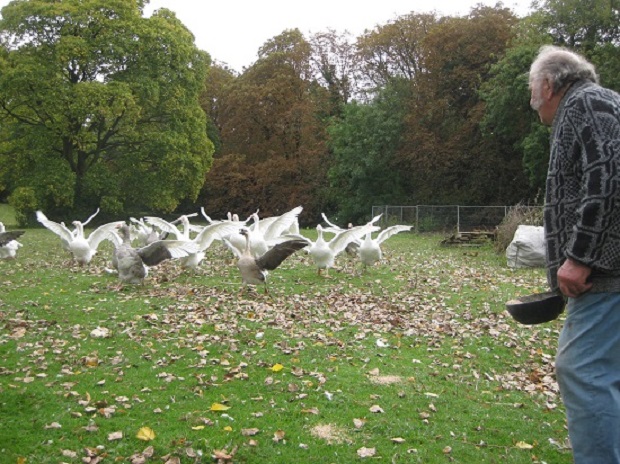
Whalebones included the “last remaining fields” of historic High Barnet, a deliberate legacy of the late Gwyneth Cowing, who bequeathed the land for continuing agricultural use.
“The proposal would have been a gross breach of Barnet, London and national policies protecting and promoting green open space. It also flagrantly disregarded the site’s location in a conservation area and Historic England’s advice.
“The society has never objected to the principle of some building on the site. We would welcome provision for artists and beekeepers and the current tenant farmer, and public access to the natural estate, and we accept the need for some additional funding for maintenance of the estate. But no convincing justification has ever been offered for development on such a scale.
“The door is still open for the trustees to appeal to the Secretary of State. We hope that, instead, they take the opportunity to rethink the project – ideally including reuse of the fields for urban farming or other green projects. That would surely have been closer to the wishes of Miss Cowing than a big suburban housing development, however attractive.”
Under the Town and Country Planning Act, the Mayor had the power to take over the determination of Hill Residential’s application and the GLA report explained that although housing development on this scale was “strongly supported” in strategic planning terms, there were no sound planning reasons to intervene.
If the developers decided to appeal to the Secretary of State, or submit a revised application, it should take into account the requirements for affordable housing, heritage and urban design and sustainable development.
Representations to the Mayor in advance of his decision included 289 written objections and objections from Theresa Villiers, Councillor Roberto Weeden-Sanz and Councillor Felix Byers.
Representations in support of the application were received from the Barnet Residents Association and Councillor Paul Edwards.
1 thought on “Another setback to plans for houses and flats in Whalebones fields and woods”
Comments are closed.

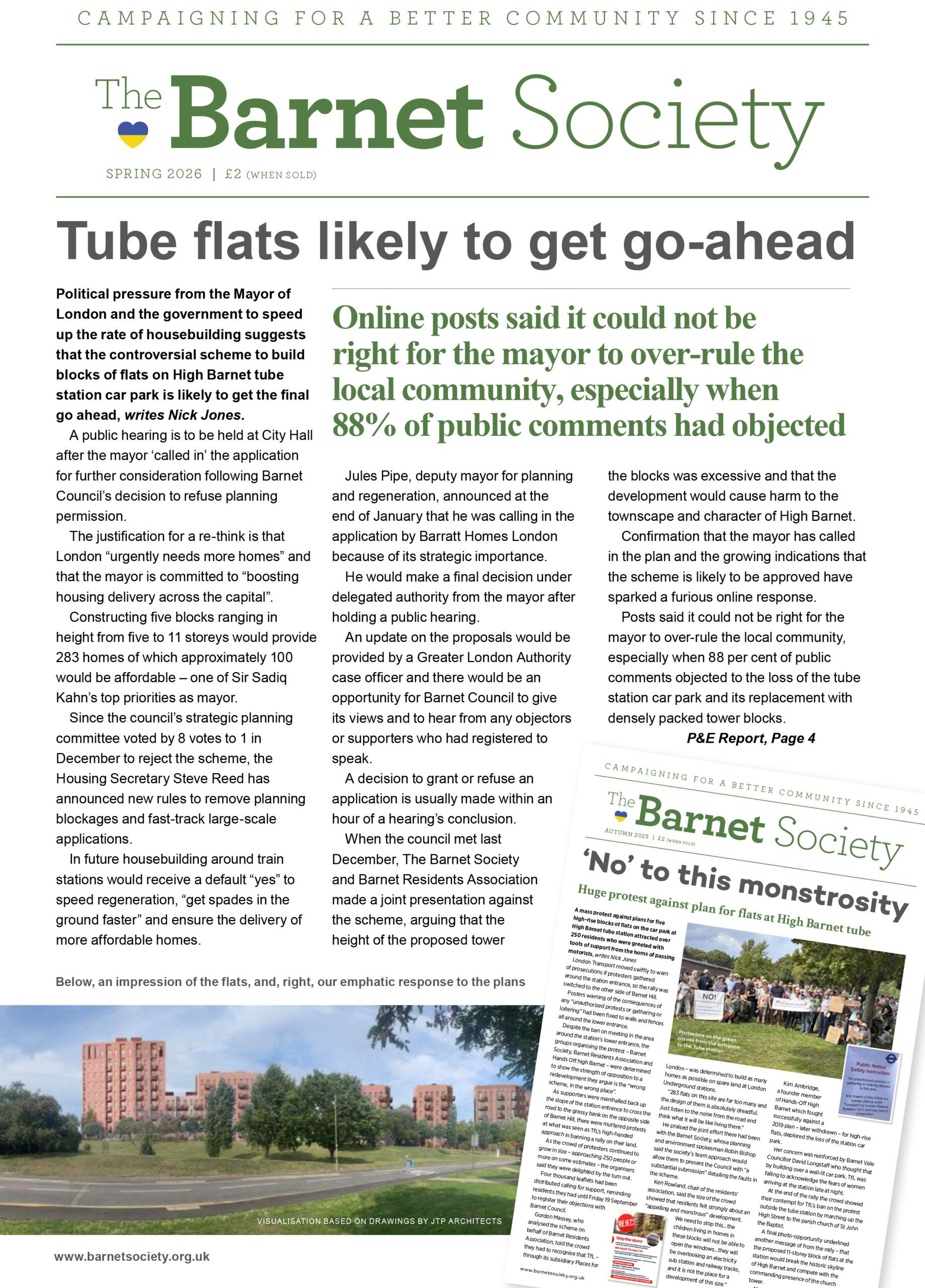
Good news, for the present.
A big thank you to all those who have pursued objections to the development as proposed.